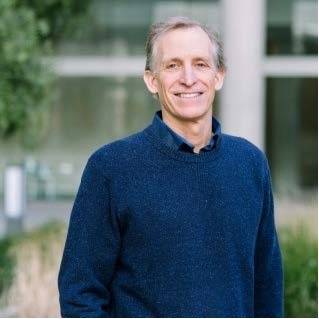When
The Epidemiology and Biostatistics Department presents:

Using Genetic Epidemiology to Improve Prostate Antigen Testing for Prostate Cancer
Wednesday October 11, 2023
12:00 –12:50 pm
Zoom: https://arizona.zoom.us/j/86396982463 (passcode: Interactio)
John Witte, MS, PhD
Abstract: Prostate-specific antigen (PSA) screening for prostate cancer remains controversial because it increases overdiagnosis and overtreatment of clinically insignificant tumors. Accounting for genetic determinants of constitutive, non-cancer-related PSA variation has potential to improve screening utility. We have undertaken large-scale, multi-ancestry genome-wide association studies of PSA (N~400K men) and show that PSA is a highly heritable biomarker. In these studies, we have discovered hundreds of genetic variants associated with PSA and have developed a PSA polygenic score that explains ~10% of constitutive PSA variation. We found that using this information to genetically adjust PSA levels would avoid up to 31% of negative prostate biopsies but also result in 12% fewer biopsies in patients with prostate cancer, mostly with Gleason score 7 tumors. Genetically adjusted PSA was more predictive of aggressive prostate cancer (odds ratio (OR) = 3.44, area under the curve (AUC) = 0.76) than unadjusted PSA (OR = 3.31, AUC = 0.74). Compared to a prostate cancer polygenic risk score alone (AUC = 0.71), including genetically adjusted PSA improved detection of aggressive disease (AUC = 0.79). Our findings highlight the potential utility of incorporating a genetically adjusted PSA for personalized biomarkers in prostate cancer screening.
Bio: Dr. Witte is Professor of Epidemiology and Population Health, of Biomedical Data Science and, by courtesy, of Genetics at Stanford University. He is an internationally recognized expert in genetic epidemiology, with a focus on developing and applying novel computational methods for deciphering the genetic and environmental contributions to disease risk and progression. Much of his research has focused on prostate and other cancers. Before joining the faculty at Stanford, he was on the faculty at Case Western Reserve University and at UC San Francisco.
Contacts
Kevin Comisso
comissok@arizona.edu

